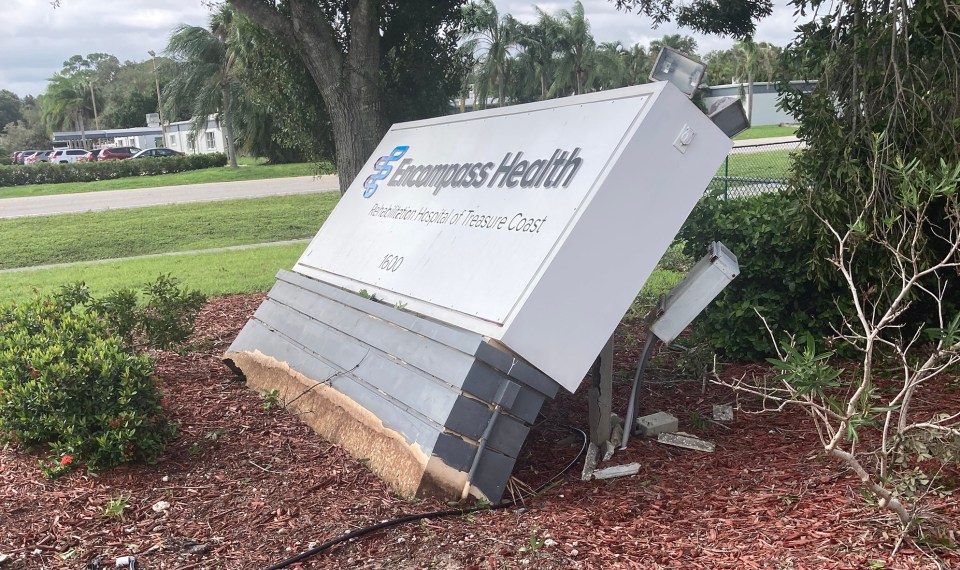Summary
- Scientific research in healthcare is often difficult to translate into the clinical setting.
- At Encompass Health, our support of research aims to bridge some of the gaps between science and practice.
- We use a three-pronged approach to accomplish this: We review the evidence, we consider available data that may support more real-world decision-making and we gather our subject matter experts to make evidence-informed decisions.
- Once a decision is made, we pilot, disseminate and implement the evidence-informed changes into practice.
For years, clinicians have employed evidence-based practice, which means they use evidence, science or research to support the assessments, care or interventions they offer patients.
However, clinicians have struggled to accurately interpret the research that has been performed by scientists and implement it into everyday practice. In the past several years, a new science has emerged in the delivery of evidence-based care, and it is the result of the massive amounts of evidence now available to healthcare professionals.
What is Implementation Science?
Implementation science is derived from the clinicians’ abilities (or lack thereof) to implement science by translating knowledge to make evidence-informed decisions. Scientific research in healthcare is often extremely specific to the protocol outlined in each individual study and has limited ability to translate in the actual clinic setting, which has multiple moving parts and lack of controls.
The protocols are typically very specific to detailed patient populations and numerous controls and/or limitations. These are not able to be easily replicated in the real world. At Encompass Health, our support of research aims to bridge some of these gaps between science and practice.
When we need to make clinical recommendations throughout our organization, we often employ several strategies to make the soundest evidence-informed decisions.
A 3-Pronged Approach
Encompass Health does not use the evidence on its own merit, but integrates it into a three-pronged approach. We first review the evidence available on a clinical decision we need to make, and then we consider available data that may support more real-world, real-time decision-making. Finally, we gather our most valuable resource—our subject matter experts—to consider what they see on a daily basis. That experiences is combined with the available data to make an informed decision about practice.
The process used to implement change based on these evidence-informed decisions at Encompass Health begins with the identification of a gap in practice—something that may need to be improved or updated. Our team of subject matter experts synthesizes and critiques the evidence, reviews and analyzes relevant data, and finally, develops the product.
Piloting the Process
Typically, the next step is to pilot, disseminate and implement the evidence-informed recommended changes into practice. These changes often include clinical practice guidelines, white papers, practice standards, protocols, educational materials or other tools that can be more easily implemented into the practice setting than the original scientific evidence presented by researchers. This practice employed by Encompass Health has promoted our ability to make informed decisions regarding patient care.
Call for Therapy Grant Applications
Encompass Health is pleased to announce its 2023 call for grant applications. In 2023, Encompass Health is offering research funding grant(s) totaling up to $50,000 aimed at the investigation of the impact or effectiveness of therapy in the inpatient rehabilitation facility post-acute care setting.
Learn MoreThe content of this site is for informational purposes only and should not be taken as professional medical advice. Always seek the advice of your physician or other qualified healthcare provider with any questions you may have regarding any medical conditions or treatments.




